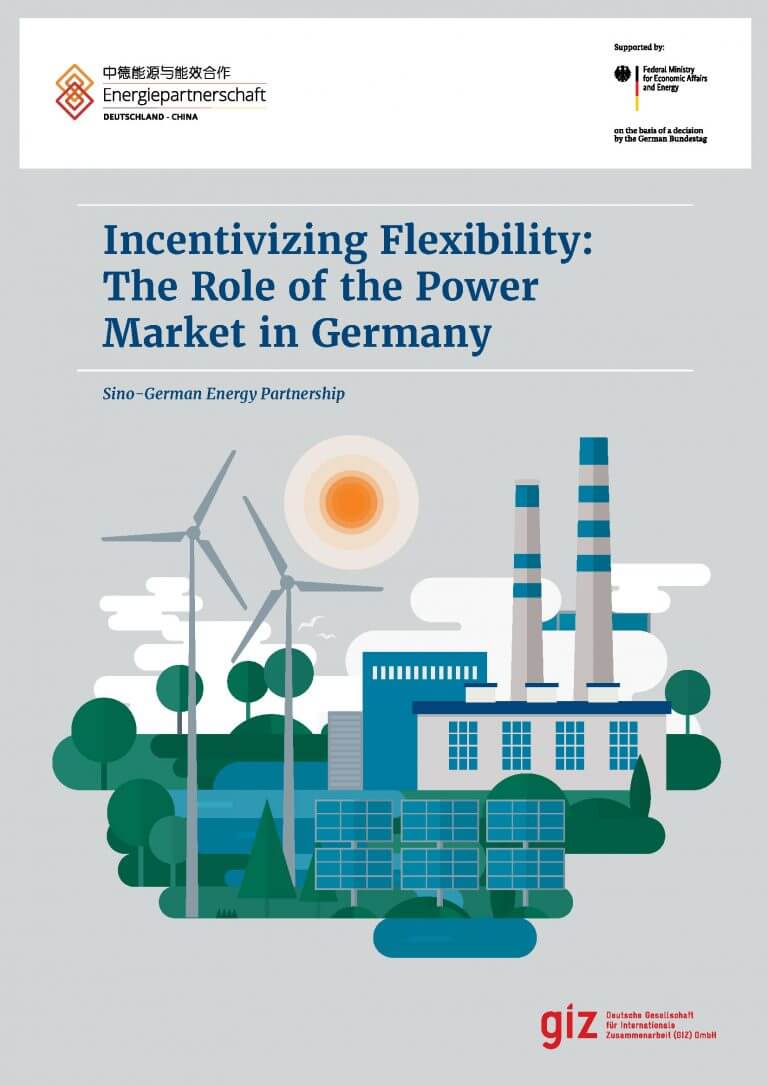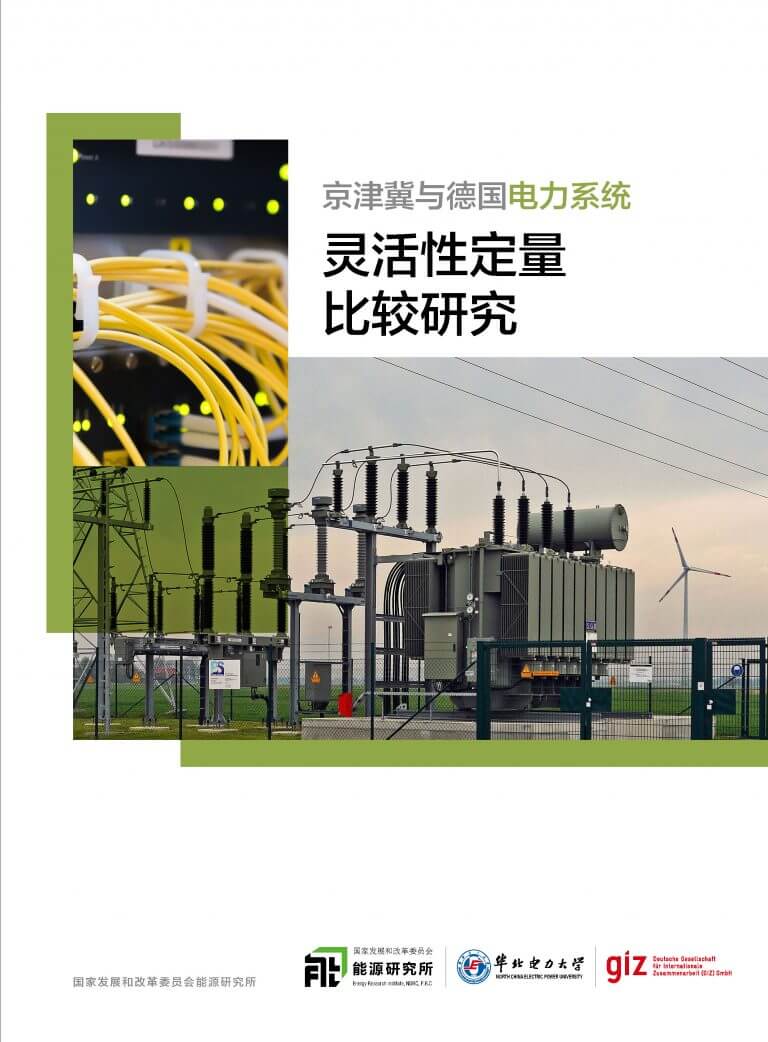
Power markets: China’s spot markets gradually start to take shape
China’s current phase of electric power market reforms kicked off in 2015, when authorities announced plans to establish market-based mid- to long-term contracts for electricity, leading eventually to establishment of market for spot-trading of electricity and ancillary services (such as load-following, voltage support, and regulation





